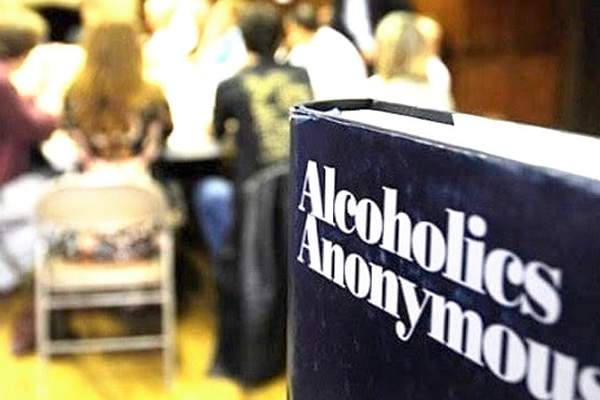Success Based Evidence –
Sept. 03,2019 – Spiritual or religious based programs, such as those based on the principles of Alcoholics Anonymous, are effective for treating people with substance use disorders, according to the first systematic review of such programs. In the U.S., more than 20 million people 12 years and older (about 7.4%) have a substance use disorder and among 18-to-25-year-olds, 15% have a substance use disorder, according to the 2018 National Survey on Drug Use and Health. Substance use disorders are a significant contributor to disability and premature death and take a tremendous toll on individuals, families and society. A new meta-analysis examines 20 randomized controlled studies of spiritual or religious based programs for substance use problems. Previous research has identified spirituality and religiosity as having important roles as a protective factor against substance use and in recovery from substance use disorders. Spiritual/religious based interventions, such as Alcoholics Anonymous (AA) and Narcotics Anonymous (NA), are commonly part of treatment for substance use problems. This study is the first systematic review and meta-analysis looking at the efficacy of spiritual/religious based interventions for substance use problems.



